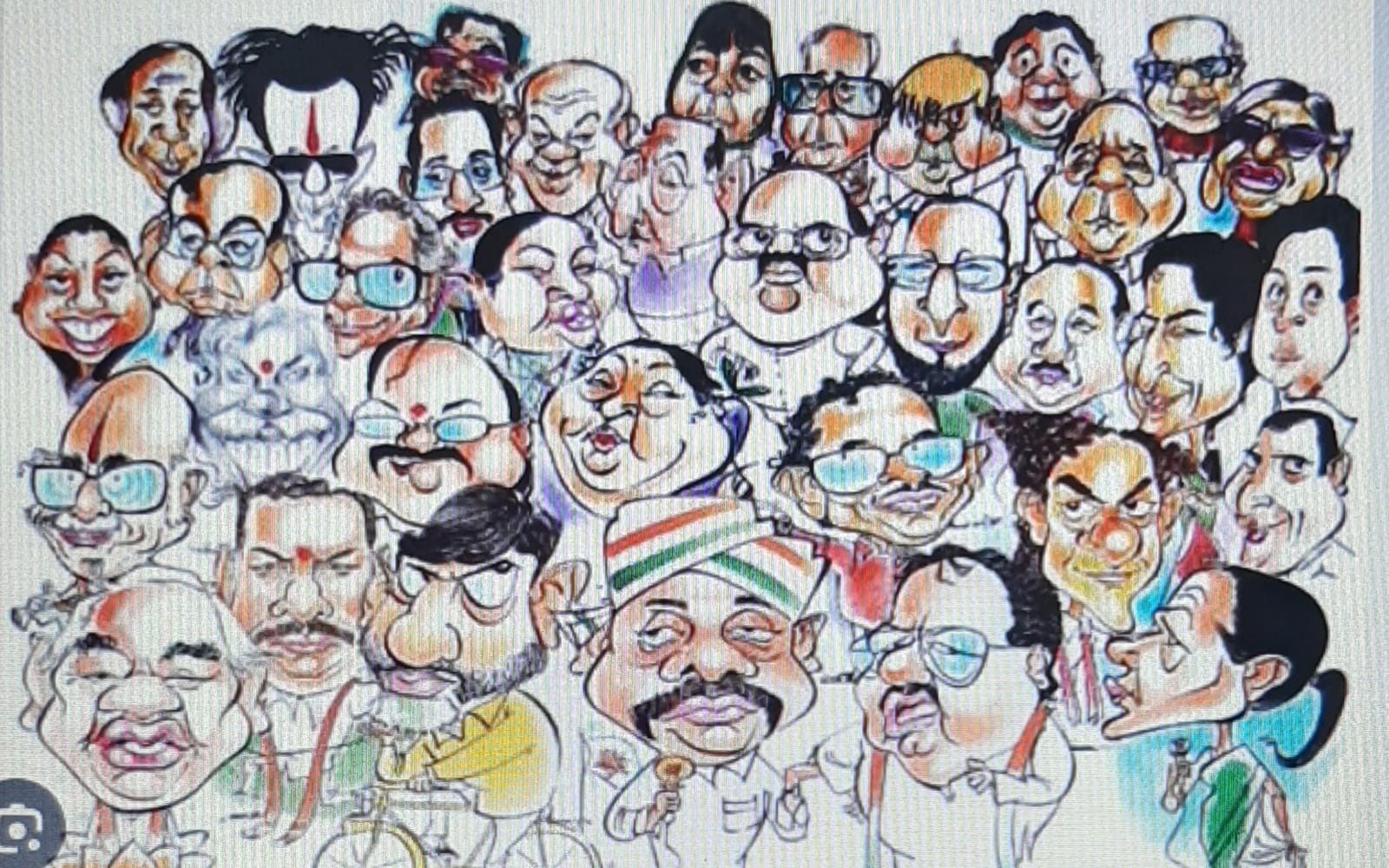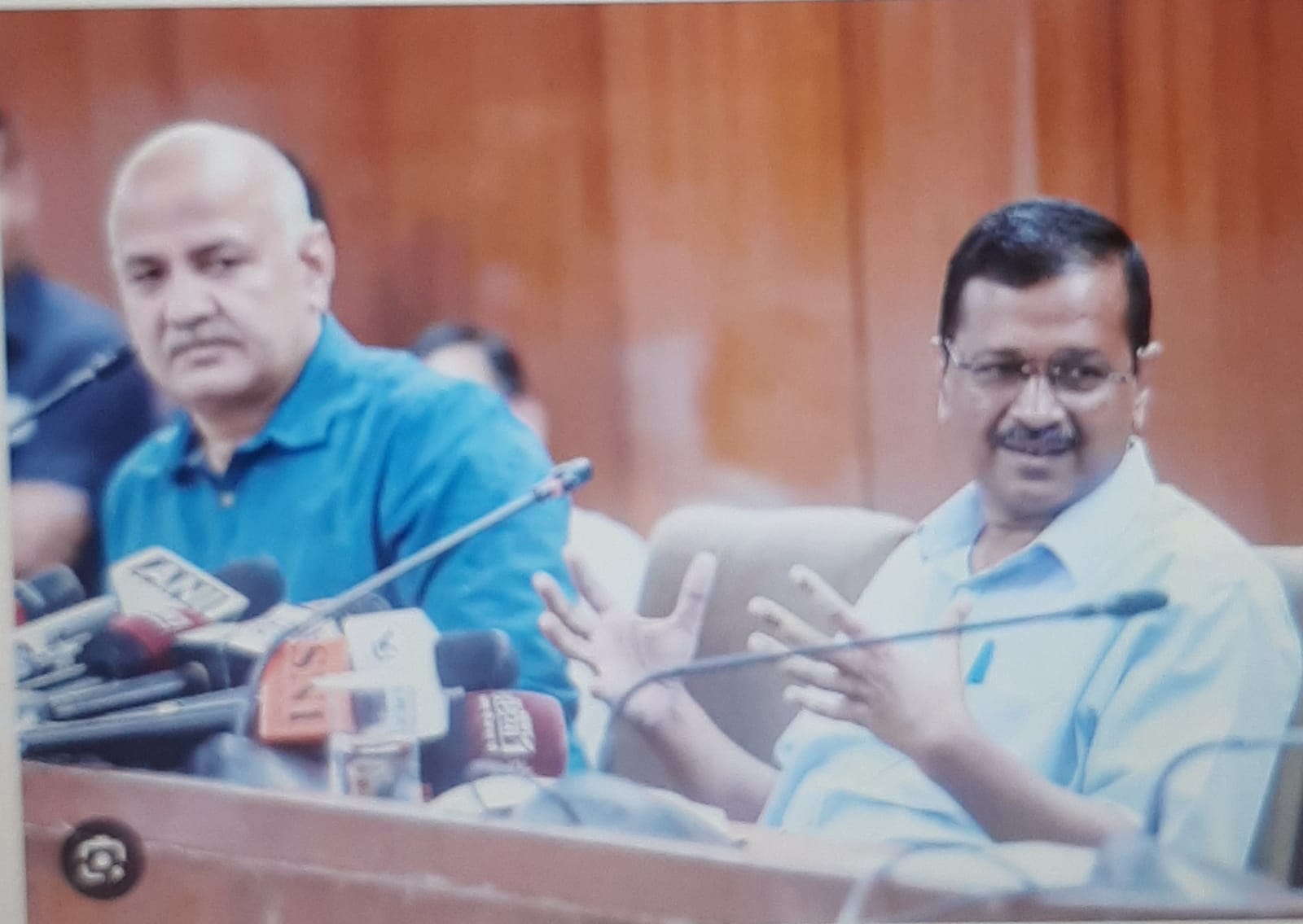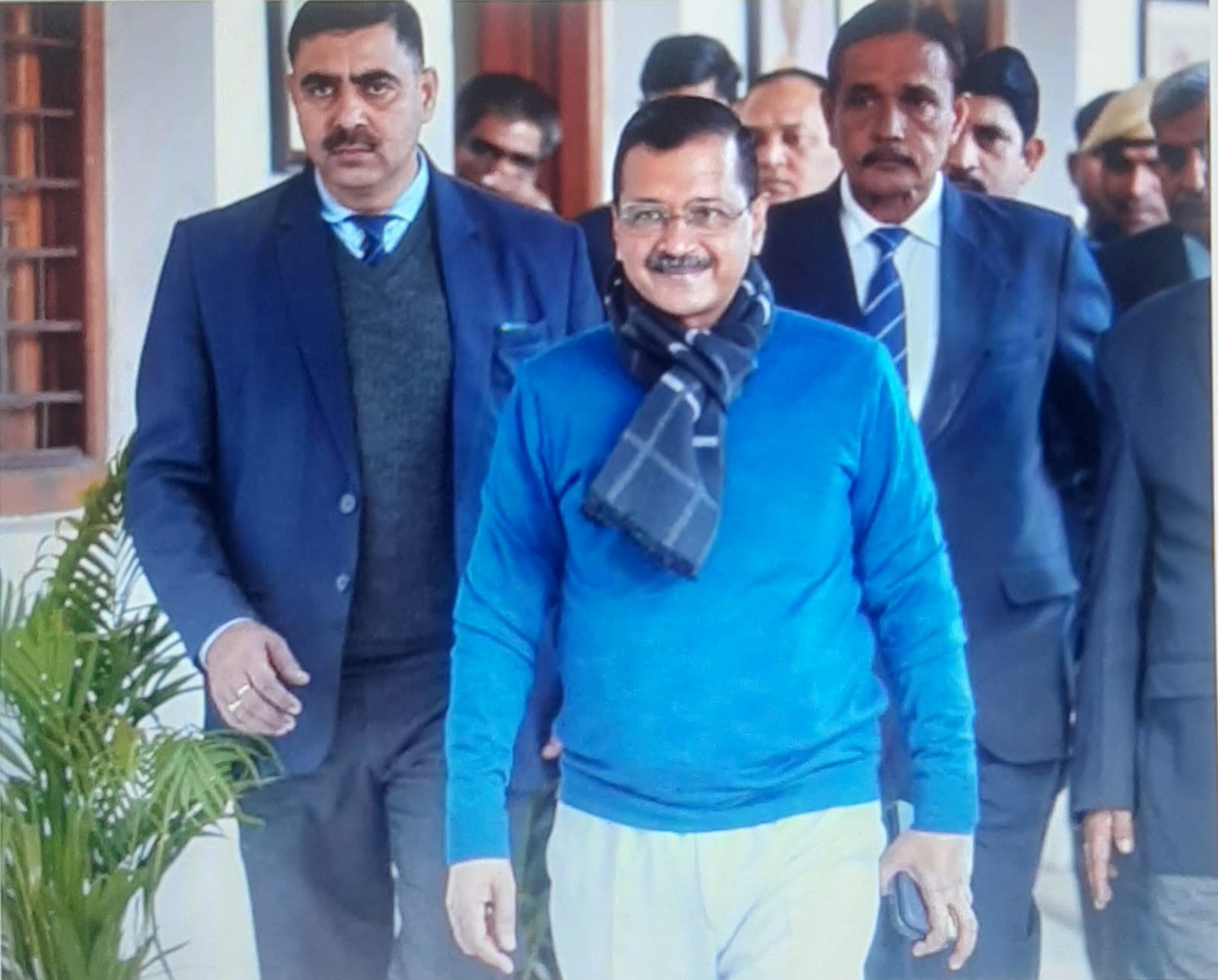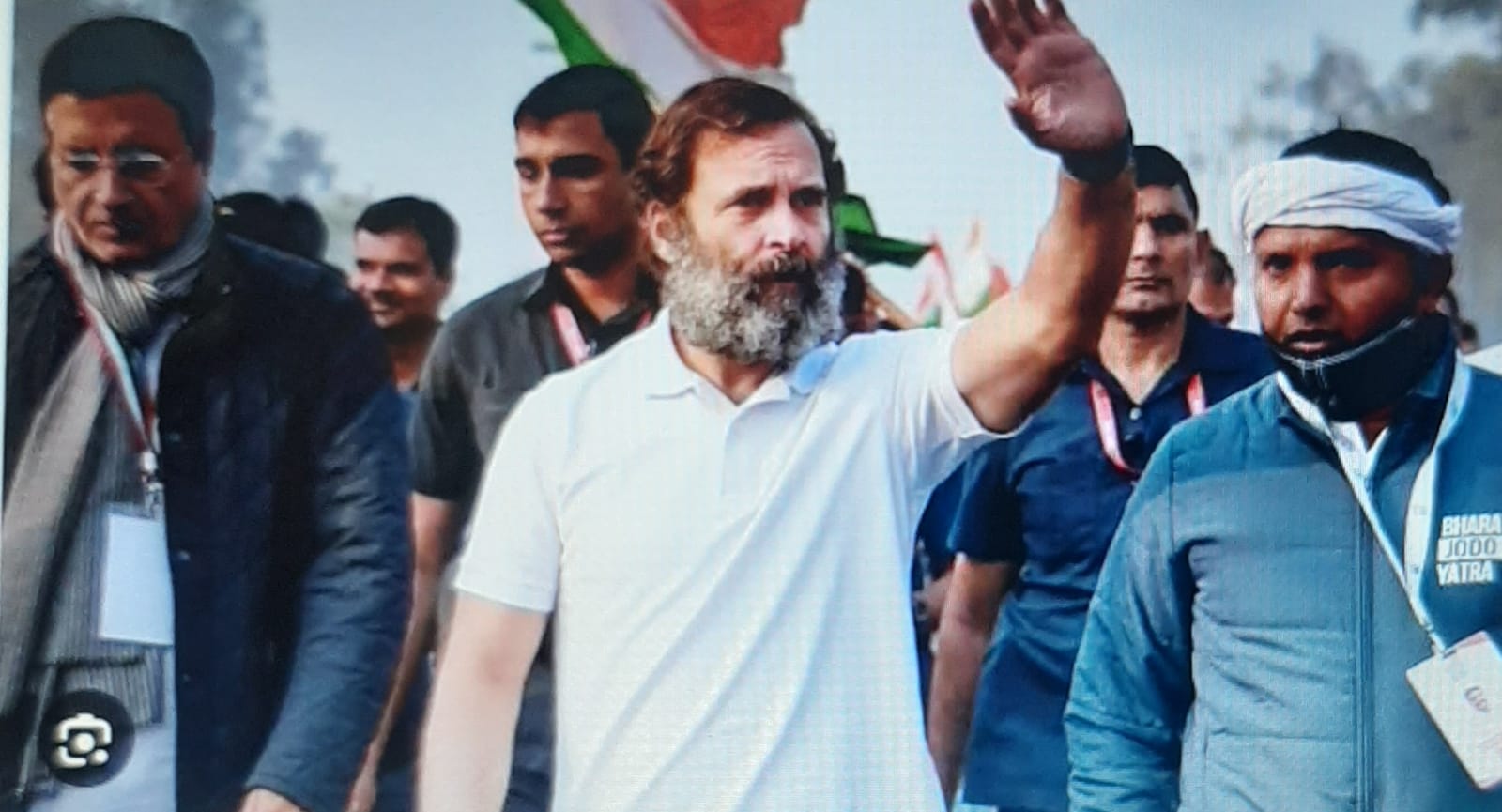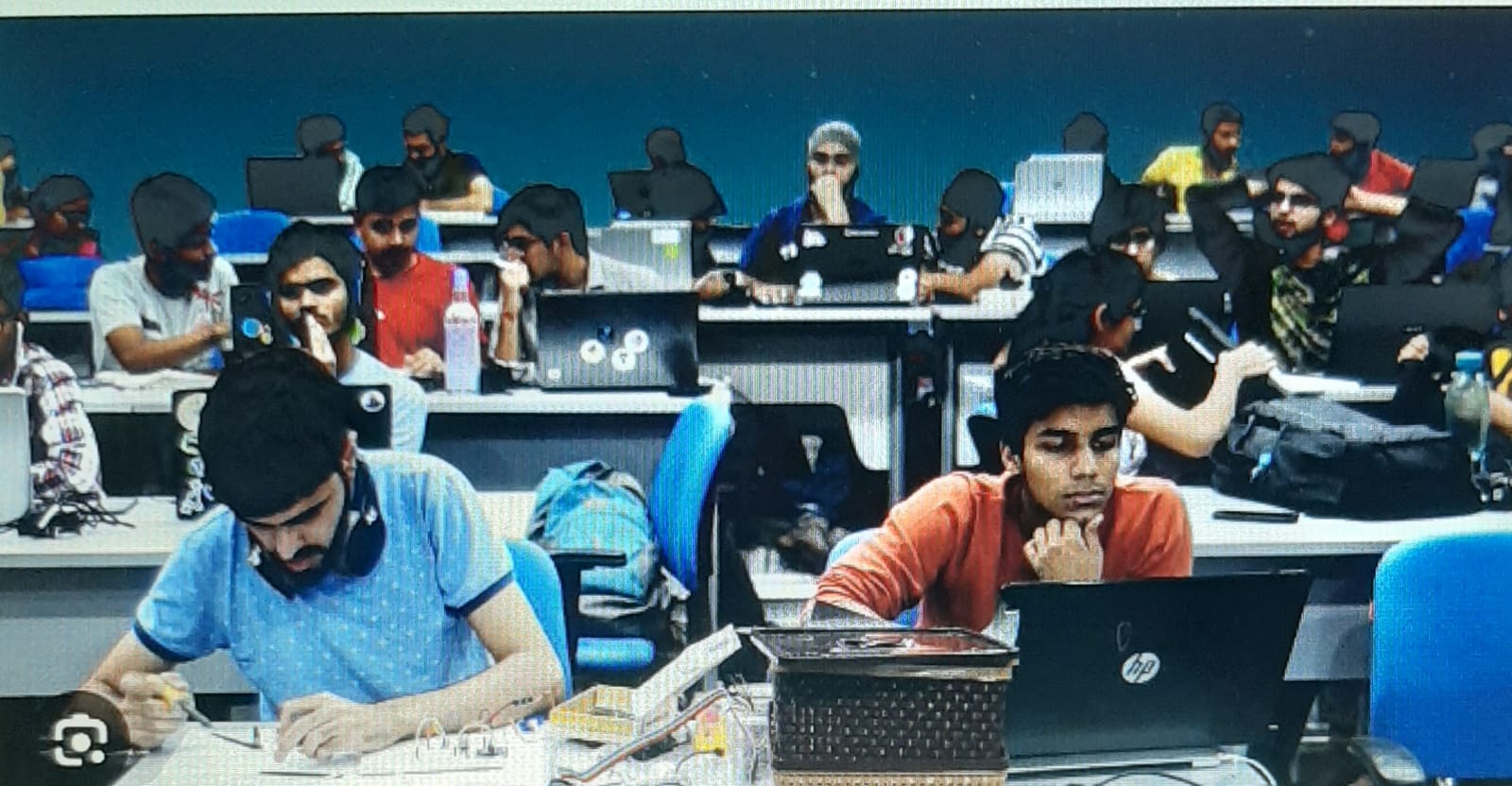
The best bowling of the finest ideas is ineffective on a dead pitch. Our representatives are neither philosophers nor moralists, and can resist, in the words of Oscar Wilde, anything but temptation.
HC Pande
Governance in India over the years exemplifies the proverb ‘plus ca change, plus c’est la même chose’, the more it changes, the more it remains the same.
India has been ruled by political parties across the spectrum, from the left to right, and, everything in between. Yet, the picture of governance overall remains dismal. Idealists have headed the government, pragmatists have headed the government, and, so have sheer opportunists. But the end result has been no different. At one end, the party with overwhelming majority has headed the state, and, at the other, a single member party has held the reins of power. All permutations and combinations have been tried at various times but good governance has been conspicuous by its absence.
Good governance, reduced to its essence, has only three-fold function.
The first is to maintain law and order, the second, to assure justice and fair play, and the third, to provide civil amenities required for proper living. With these three assured, developmental activities normally generate themselves.
On the economic front, we started with Soviet-style five-year-plans which, of late, are being rolled back once too often. The massive investments in the public sector enterprises not withstanding, these enterprises have, by and large, become loss-making units. The ‘Nava Ratna’ group apart, the public sector has actually become the private sector of the politician. We have played with the public sector, private sector, public-private partnership and what not, making changes all along. But the economy is nowhere near the level required for the population of one and a quarter billion and growing.
On the political front, we have a working parliamentary democracy, Westminster style. Style yes, but working, no. Close to half of our parliamentarians have criminal cases of all hues against them. They have not become the members of the august house by themselves but have been elected by the people. The same is true of the gram panchayat at the lowest end of the democratic governance as the gram pradhan is no saint and yet chosen by the village folk.
Governance has failed across the board and the question is why? The answer, if we look for it, is obvious.
Our leading lights, political, social and the whole ‘think tank’, in the cricketing parlance, have read the pitch wrong and overestimated the batsmen.
The best bowling of the finest ideas is ineffective on a dead pitch. To quote the famous philosopher Kant, “laziness and cowardice are the reasons why so great a portion of mankind, after nature has long since discharged them from external direction, nevertheless remains under lifelong tutelage and why it is so easy for others to set themselves up as their guardians”. Our society is the pitch, full of the slush of laziness and cowardice, not allowing any ball of ideas, pace or spin, to move any further than the first drop.
This civilization, several millennia old, is tired, and the people unresponsive; are resigned to fate.
The people’s representatives, elected or selected, are a weak batting side unable to face the in-swingers of greed, or the out-swingers of ambition, or the googly of flattery. As John Adams, the successor of George Washington put it: “It is in vain to say that democracy is less vain, or less avaricious than aristocracy or monarchy . It is not true and nowhere appears in history. Those passions are the same in all men, under all forms of simple government. When unchecked, they produce the same effects of fraud and cruelty. When clear prospects are opened before vanity, avarice or ambition for their easy gratification, it is hard for the most considerate philosophers and the most conscientious moralists to resist the temptation.”
Our representatives are neither philosophers nor moralists, and can resist, in the words of Oscar Wilde, anything but temptation.
In mathematical language, one can define human frailties as a tensor, an entity which is invariant of the coordinate system. Changing the political frame of reference only changes its projection on a preferred axis but the entity remains the same. The administrators swear by the constitution in public, but swear at it in private. Manifestos change, slogans change, and the color of the cap changes but the wearer is still a wolf in sheep’s clothing who, given half a chance, would devour Little Red Riding Hood.
Let us face facts, the noble concept of democracy had a short run even in the city state of Athens and Socrates was sentenced to death for being truthful. The dictatorship of the proletariat mutated into power in the hands of the communist party, and labour camps in Siberia for the dissenters. Likewise, the national socialism of Hitler resulted in world war and gas chambers for an entire race. It is high time that we accept that concepts of absolute liberty, absolute justice, economic, social or whatever, absolute equality and absolute fraternity, like absolute alcohol, get badly diluted when put to practice out in the open. The best we can attempt is to orient the political system so that the projections on the good axes exceed those on the bad ones.
(The writer is Vice Chancellor Emeritus of Birla Institute of Technology, Mesra)


